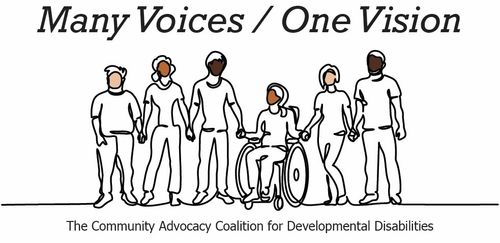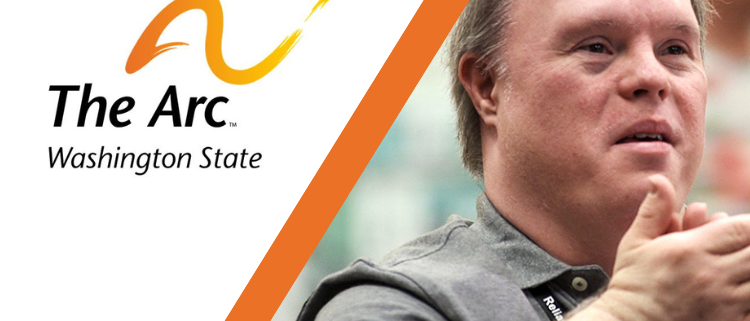
The Washington State Department of Social and Health Services (DSHS) recently announced a series of changes to its organizational structure effective May 1st. Their statements are included in full at the bottom of this blog.
As advocates for people with intellectual and developmental disabilities, we are excited for the possibilities that will emerge from the creation of a new state agency called The Home and Community Living Administration (HCLA), integrating home and community-based services within the Developmental Disabilities Administration (DDA) and the Aging and Long-Term Support Administration (ALTSA).
While there is still much to learn and understand about this restructuring, Washington state must move toward a future that focuses on the design of care around each individual’s needs within their home and community. Changing government systems to encourage innovative thinking, better responsiveness, and less reliance on institutional care and state-run facilities is a first step.
We are hopeful that this integration will allow for a more holistic approach to long-term care and better-focused efforts on strengthening home and community-based services. We know that habilitation services are crucial for individuals with developmental disabilities to achieve their full potential and participate fully in society.
Additionally, we are optimistic that the creation of the Behavioral Health and Habilitation Administration (BHHA) – as a result of merging the Behavioral Health Administration with the Residential Habilitation Centers – will encourage the use of these facilities primarily for crisis response and stabilization in addition to specialized evaluation and intervention rather than long-term residential placements over decades of a person’s life.
People with intellectual and developmental disabilities deserve our very best efforts to ensure they are fully included and supported in their lives in the community and free from isolation and institutional care. We stand ready to support our community of people with developmental disabilities, their families, and disability rights advocates during this hopeful transition. As stated in the announcement below, anyone with questions or input should reach out to DSHS directly at reimagine@dshs.wa.gov.
In community,
Stacy Dym
Executive Director
The Arc of Washington State

“While there is still much to learn and understand about this restructuring, Washington state must move toward a future that focuses on the design of care around each individual’s needs within their home and community. Changing government systems to encourage innovative thinking, better responsiveness, and less reliance on institutional care and state-run facilities is a first step.”
– Stacy Dym, Executive Director, The Arc of Washington State
From: DSHS RE Secretary Messages
Sent: Thursday, April 3, 2025 1:15 PM
Subject: Reimagining DSHS – Stakeholder Message
April 3, 2025
Dear DSHS Community Partners and Stakeholders:
I am writing to let you know about our efforts to Reimagine DSHS and best serve the people of Washington state: where we are and where we’d like to go. I would also like to invite you to help us get there. Our paramount goal remains improving access to services by identifying and removing barriers while adapting quickly to public policy shifts and ongoing fiscal uncertainty.
We have started to organize our agency in a way that makes it easier for clients and staff to get what they need, beginning with some shifts in the Office of the Secretary. Most of these are internal and will have little to no impact on our relationships.
Where we want to go
Our efforts to Reimagine DSHS must lead us to improved outcomes, make the best use of limited and rapidly changing resources, break down silos and promote self-direction and person-centered care. Now is the time to begin this work.
Beginning May 1, DSHS will create the Behavioral Health and Habilitation Administration for all DSHS clients who receive residential habilitation and behavioral health services in state-operated facilities where they reside 24 hours a day, seven days a week. This change merges the Behavioral Health Administration with the State Operated Living Alternatives and the Residential Habilitation Centers.
We also will create the Home and Community Living Administration that serves all clients who receive home and community-based services through the state’s contracted network of providers. This brings together the community side of the Developmental Disabilities Administration with the Aging and Long-Term Support Administration.
As part of the efforts to streamline business processes, smaller parts within DSHS, like the Division of Vocational Rehabilitation, will draw upon infrastructure and resources that exist in larger organizations within the department, like the Economic Services Administration.
Within this new structure, we will continue to focus on the people we serve and maintain our commitment to partnering with them, their families and our community partners.
What happens next
As of May 1, you can expect a few things outside of what was outlined above: The basic organizational structure and leadership of some areas of DSHS may be different. Some leaders and managers may have different supervisors, and you may have different points of contact, depending on which parts of DSHS you work with. Everything else will stay largely the same.
Over the next year, we’ll begin more in-depth work to Reimagine DSHS and we will seek your input in a variety of ways. We are also going to engage with tribal governments and staff as well as the people we serve, all of whom will be central to this work because of their lived experiences.
Even though this effort is happening while our state and federal funding are at the top of all our minds, it is not a budget-cutting exercise. We are working to realign and restructure DSHS in a way that measurably improves people’s experiences with our department, and we are striving to be less bureaucratic, and more welcoming of all Washingtonians, as Gov. Ferguson has challenged us to be.
Thank you again for your continued partnership and collaboration. If you have questions and input, please send them to reimagine@dshs.wa.gov. I look forward to hearing from you and sharing more with you again soon.
Fondly,
Cheryl
CHERYL STRANGE / Acting Secretary
Office of the Secretary
Washington State Department of Social and Health Services
From: DSHS RE Secretary Messages
Sent: Friday, April 11, 2025
April 11, 2025
Dear DSHS Partner and Stakeholder:
As a follow up to the Reimagine DSHS update last week, I wanted let you know who will lead the two restructured administrations, effective May 1.
Kevin Bovenkamp, currently BHA assistant secretary, will lead the Behavioral Health and Habilitation Administration that will serve DSHS clients who receive care in our state operated services and 24/7 facilities. As I noted in my April 3 update, this administration now brings together BHA with the SOLAs and the RHCs.
Bea Rector, currently ALTSA assistant secretary, will head up the Home and Community Living Administration that will serve clients who receive home and community-based services through our network of providers. This administration merges the community side of DDA with ALTSA and includes Adult Protective and Residential Care Services.
Tonik Joseph, currently DDA assistant secretary, will be assuming the role of special assistant in the Home and Community Living Administration and report to Bea. Her work will focus on the continuity of programs, services and initiatives across the two new administrations.
I want to reinforce that the May 1, reorganization is the beginning of a larger effort to enable us to support clients with multiple service needs in a more dynamic way. At this point, we are setting the framework for the future of DSHS and the real work lies ahead with opportunities for stakeholder and client engagement to reduce bureaucracy, silos and put more emphasis on supporting clients. We look forward to engaging with you, obtaining your input and perspectives on how to improve access to services as this process unfolds. Thank you for your continued partnership and support.
Fondly,
Cheryl
CHERYL STRANGE / Acting Secretary
Office of the Secretary
Washington State Department of Social and Health Services














